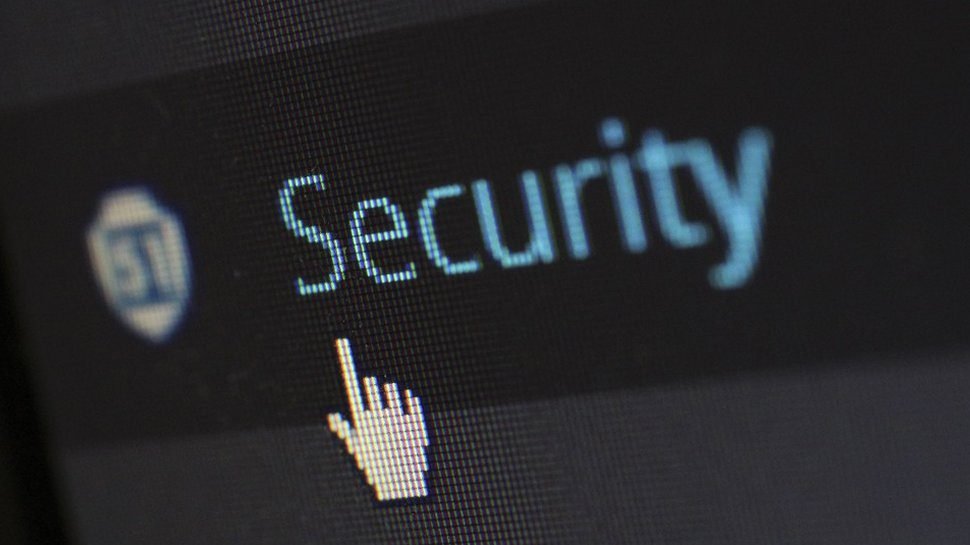

About the Author
Chris Ross is the International Vice President of Barracuda Networks.
Email attacks are on the rise. Covering 660 IT stakeholders in organizations around the world, our recent global email security report revealed that over the past year, 82% of organizations have faced an attempted message-based security threat. . Additionally, 74% of respondents would rate email attacks on their organization as having a significant impact.
As a result of an email attack, the focus is often on the resulting financial and reputational damage to businesses. Its effect is usually measured in dollars and pounds.
Sometimes it can be easy to forget the human cost of cybersecurity. However, a 2018 survey found that people working in the tech sector reported a 78% increase in mental health-related illnesses compared to the previous year. While it is difficult to determine the root causes, it is hard to imagine that the recent increase in the number of cyberattacks has helped to solve this problem.
EMEA suffers from email attacks
Knowing that according to Verizon, 90% of cyberattacks are committed via email, we wanted to study the effects of email attacks, especially on the well-being of IT teams. Interestingly, the impact of email attacks is higher among organizations in the EMEA region.
The pressure starts as soon as emails are flagged as suspicious. IT teams in the EMEA region receive far more suspicious emails than the global average (although most of them turn out to be false alerts): 7% receive more than 50 per day and a third (32%) receive between 6 and 50 per day.
The time required to identify and respond to email reports of this size weighs heavily on the productivity and stress levels of IT teams. 81% admitted to spending more than 30 minutes investigating and responding to each email attack, while 47% spent more than an hour on the attack.
Naturally, this had a detrimental impact on stress and anxiety levels, with more than a third - 38% - blaming email attacks for causing higher levels of stress at work. Senior IT managers were the most likely to experience this impact.
Worse still, the widespread effects of email attacks also affect IT professionals outside of the workplace: 38% of them worry about email attacks outside of business hours. and 16% cancel their personal plans as a result of an attack. Additional stress comes from the potential reputational damage resulting from successful attacks, which 32% acknowledge as a concern.
And why is this particularly noticeable in the EMEA region? Companies based in this region are the most exposed to phishing attacks: almost half - 48% - of companies in the EMEA region have been victims of phishing attacks in the past year.
The impact of phishing attacks on the reputation of companies in the EMEA region is much higher than in other regions; 39% of respondents in EMEA reported a deterioration in their reputation in the past year, compared to 27% globally.
Is email attacking the Achilles' heel of your organization?
Lack of confidence in the security levels of their businesses threatens to further heighten the stress levels of IT professionals. Despite the use of email by businesses since the 1990s, 94% of respondents admitted that it was still the most vulnerable part of their business security. More than half, 52%, of EMEA respondents said their business security was unlikely to have improved in the past year, compared to 63% on average worldwide.
This stress was compounded by a lack of safety training. 29% of respondents reported receiving security training once a year and 7% said they had never received training or were unsure.
Without proper training procedures, email attacks will continue to be successful. Successful security requires a combination of innovative technology and effective training.
A better future
The stress and anxiety felt by IT teams is compounded by the current cyber skills shortage. IT teams are not only on constant alert, they are also scattered due to the increasing demand for security professionals.
The answer? Invest in your position as IT and cybersecurity professionals, and they will invest in their goals. Whether it's the right tools, the right training, or more, it's clear that companies in the EMEA region still have a long way to go to fill their gaps and make their employees an effective line of defense in a business strategy. . global email protection.
Companies that invest in an email protection strategy that integrates technical solutions, such as automated incident response tools and regular, in-depth security training, will benefit from a heads up. 39, happier and more productive computer work.
Chris Ross is the International Vice President of Barracuda Networks.